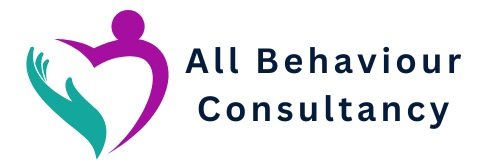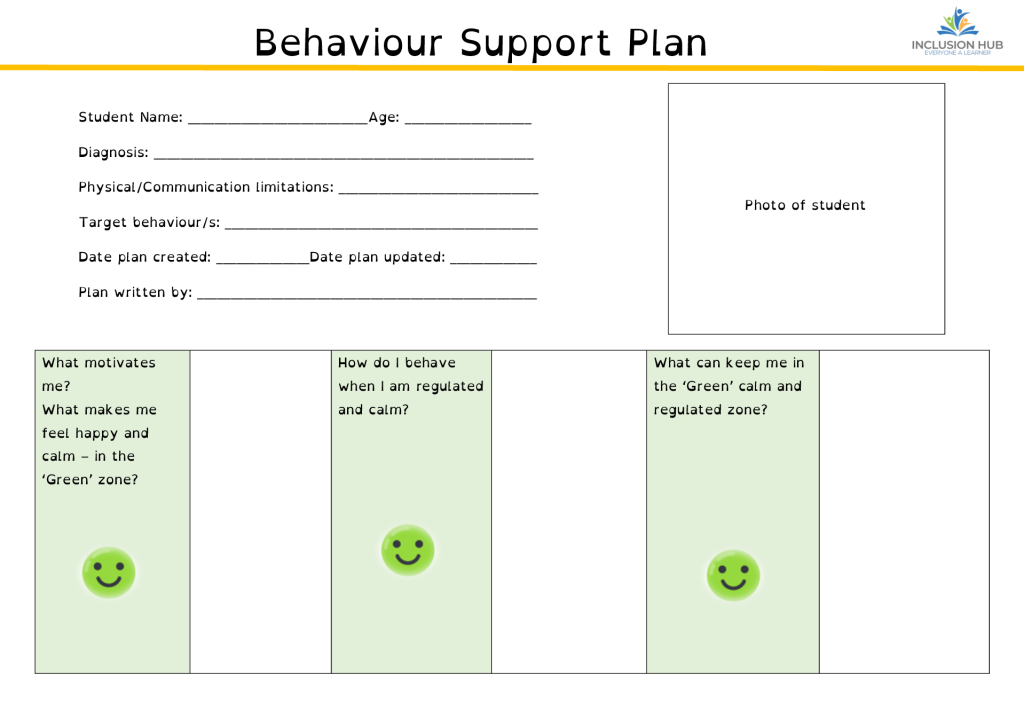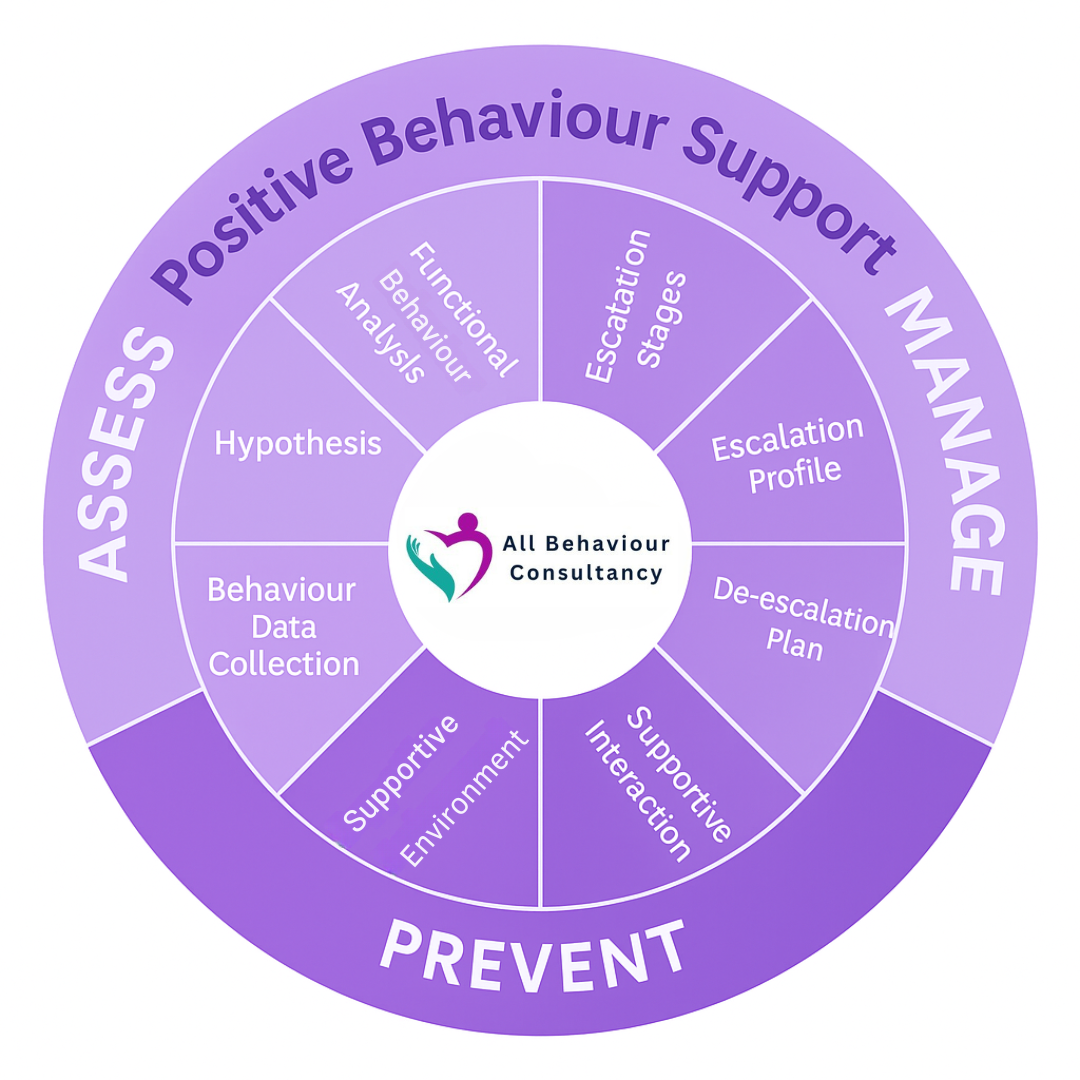Functional Behaviour Assessments: What is it & How does it help Autistic & SEN Children?
Functional Behaviour Assessments in ABA Therapy
Are you looking for Compassionate Child Behaviour Support for Autistic or SEN individuals?
We understand that navigating the world of Behaviour Support can feel overwhelming - especially when you're doing everything you can to help your child thrive.
One of the most valuable tools in understanding your child’s needs is something called a Functional Behaviour Assessment (FBA).
It’s not just a fancy term - it’s a thoughtful, person-centred process that helps us see the why behind certain behaviours, especially those that may seem challenging or confusing to us neurotypicals.
🌱 What Is a Functional Behaviour Assessment (FBA)?
A Functional Behaviour Assessment is a structured, compassionate process that ABA Specialists use to clearly understand behaviours that may be causing difficulties for your child, your family, or within your child’s school or care setting.
Every behaviour serves a purpose - whether it’s asking for help, avoiding a situation, seeking attention, or trying to cope with overwhelming emotions.
Rather than seeing behaviours as “bad” or something to be punished, we approach them as meaningful communication.
By looking closely at what happens before and after these behaviours - and what might be influencing them in the background, we can understand how to support your child in a way that creates long-lasting positive changes that supports their inner well-being.
💬 Why Is an FBA So Important?
The goal of a Functional Behaviour Assessment isn’t to “fix” your child - it is to help them feel understood and supported.
Here’s what the process aims to do:
Identify behaviours: What exactly is happening?
Understand the triggers (also called antecedents): When and why do these behaviours tend to happen?
Explore the outcomes (or consequences): What happens after the behaviour that might be encouraging it to continue?
Uncover background factors: Are there certain settings, routines, or stressors that may be making things more difficult?
Once we have this full picture, we can move forward in a way that’s thoughtful, tailored, and proactive.
What Happens After the FBA?
Following the assessment, we develop a Personalised Behaviour Support Plan (BSP) just for your child.
This isn’t a one-size-fits-all checklist; it’s a person-centred framework that is uniquely designed for the needs of an Autistic child or SEN adult.
Most importantly, wherever possible, we include your child’s voice in this process.
We listen to them, we learn from them, and we work to ensure that they feel heard and valued throughout.
To sum up, a Functional Behaviour Assessment is an individualised, strengths-based guide that’s built around your child’s needs, goals, and personality.
The plan includes:
Positive, evidence-based strategies
Skill-building opportunities to help your child manage big feelings and situations in safe ways
Supports for meaningful, joyful engagement in activities they love
Alternatives to behaviours that may be harmful or distressing
🌈 How does a Positive Behaviour Support (PBS) Approach Help Autistic Children & SEN kids?
Autistic Children (and SEN Adults too) can be understood, and feel safe when they are supported with the right tools.
They need tools to self-regulate and communicate in a way that the world understands them, and in a way that nurtures their own well-being.
The aim is to understand your Autistic child fully.
At All Behaviour Consultancy, our approach is always grounded in Positive Behaviour Support (PBS).
This means we:
Focus on why a behaviour is happening (its function)
Look for ways to support, not suppress
Believe that all behaviour is communication
Aim to increase positive, socially meaningful behaviours
Equip your child with functional communication skills
Respect and honour your child’s unique neurodiversity
Using a PBS framework, we work proactively to reduce worrying and challenging behaviours - never through punishment or compliance-based techniques, but through kindness, understanding, and skill-building.
What’s the Difference Between Proactive and Reactive Autism Behaviour Strategies?
In our Child Behaviour Support Plans, we use a mix of proactive and reactive strategies.
Proactive Strategies:
These are put in place before a challenging behaviour happens. Think of them as preventative care - they reduce triggers and offer your child safer, more effective ways to get their needs met.
This might include:
Helping your child ask for a break when overwhelmed
Adjusting environments to make them more predictable and comfortable
Teaching step-by-step ways to cope with frustration
Reactive Strategies:
These come into play when a challenging behaviour does happen.
The goal is always safety and support - never punishment.
Reactive strategies help manage the situation with a safe, calm resolution while preserving your child’s dignity and well-being.
Meet our CEO & Founder, Georgiana Koyama, BCBA, MSc, UKBA (cert), IBA.
5 Things Parents Need to Know about Functional Behaviour Assessments
1. Is this assessment only for Autistic Children?
Not at all. While many of the individuals we support are Autistic, Functional Behaviour Assessments are helpful for anyone experiencing behaviours that interfere with their learning, relationships, or well-being, including children with a variety of special educational needs (SEN).
2. Will my child be involved in the process?
Absolutely. We believe your child’s input is essential. Wherever possible, we include their voice, preferences, and experiences to make sure the strategies feel supportive and not imposed.
3. How long does an FBA take?
It varies depending on your child’s needs and the complexity of the behaviours. Typically, it involves observations, interviews, and data collection over several sessions to ensure a thorough, respectful understanding.
4. Is this the same as ABA therapy?
A Functional Behaviour Assessment is a crucial part often part of an ABA (Applied Behaviour Analysis) framework, but it’s just one piece. Our ABA practice is modern, compassionate, and fully aligned with person-centred and neurodiversity-affirming values. We focus on helping your child thrive, without forcing them to fit into a mould.
5. How do I get started?
Getting started is simple. Just reach out to us through our contact page or give us a call. We’ll schedule a friendly, no-pressure chat to learn more about your child and how we can help.
Contact us
We are based in South London, and provide ABA therapy at home in the London areas, as well as offering online ABA services to the rest of the UK.
Please don’t hesitate to get in touch, we’d love to hear from you.






